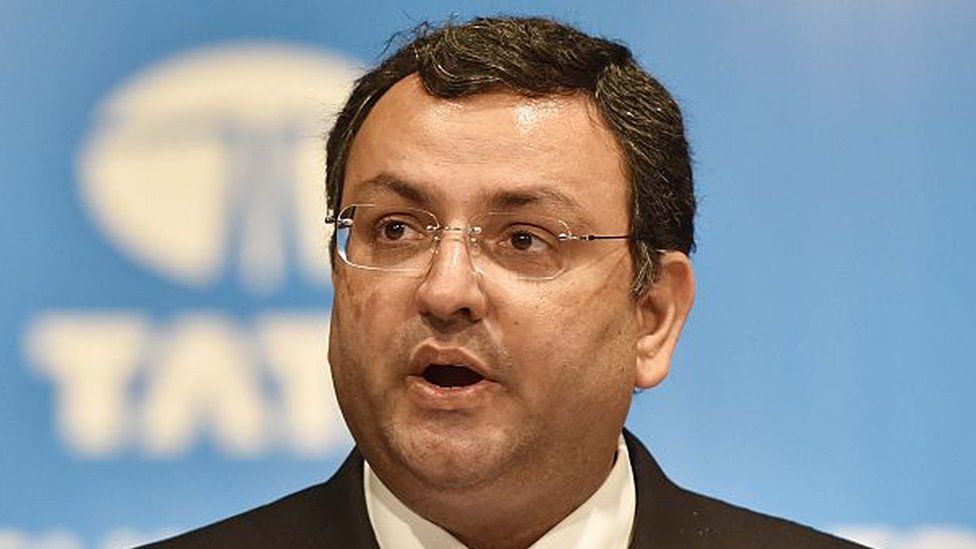ARTICLE AD BOX
 Image source, Getty Images
Image source, Getty Images
Cyrus Mistry and a co-passenger died in a car crash on Sunday
The death of Indian billionaire Cyrus Mistry in a car accident has sparked a conversation around road safety - and stricter enforcement of laws.
On Tuesday, federal transport minister Nitin Gadkari said that people sitting in car rear seats without seat belts would be fined soon. The government is also set to make it compulsory for carmakers to install alarms for rear seat belts.
"Because of this Cyrus accident, we have taken a decision... an alarm will continue to beep until people sitting in the rear seats wear a seat belt," Mr Gadkari said on Tuesday.
Mistry, 54, died on Sunday after the car he was travelling in hit a divider on a highway on the way from Gujarat to Mumbai city.
Local media reports have quoted police officials who said Mistry and a co-passenger in the rear seat - who also died - were not wearing seat belts.
Indian law mandates seat belts for all car occupants, but this was rarely enforced for people in the rear seats.
Every year, hundreds of thousands of people die in accidents on India's roads - in 2021, the toll was more than 150,000, an average of 18 per hour, according to government data.
While the numbers are alarming, they have rarely led to a nationwide conversation on road and vehicle safety. But in the aftermath of Mistry's death, thousands of social media users shared a three-second video simulation of the possible impact of a crash on a rear seat passenger without a belt.
Many, including Indian businessman Anand Mahindra, tweeted that they would always wear seat belts even while sitting in the rear seat - the road transport ministry's official Twitter handle thanked Mr Mahindra for "highlighting the topic of road safety".
But several also pointed out other issues that needed urgent fixing. A drivers' association spokesperson has alleged that "faulty road engineering" was to blame for the crash - he pointed out that the wide flyover the car was travelling on narrows suddenly into a "serpentine lane" that may have confused the driver.
Other experts have also said that the government should ensure that highways across the country should have a consistent design and proper signboards. Car and road safety have always been a tricky subject in India.
Earlier, India's biggest carmaker had pushed back at government plans to make six airbags mandatory in all cars - it argued that this would drive up costs and hurt the small car market. But comments made by Mr Gadkari after Mistry's death suggest that the plan would be implemented soon.
The proposed changes, when implemented, will also call for a mindset shift for millions of Indians, who are used to overcrowded vehicles that enable more people to travel together at the same time.

 2 years ago
21
2 years ago
21








 English (US) ·
English (US) ·